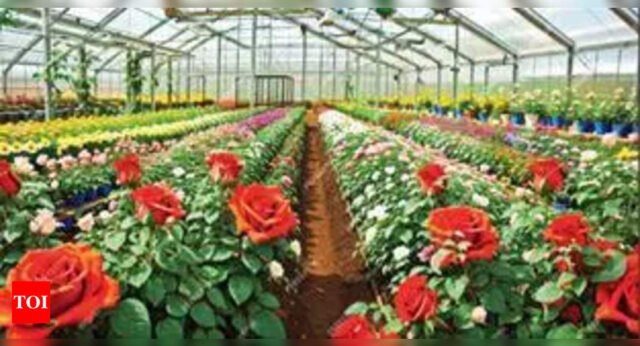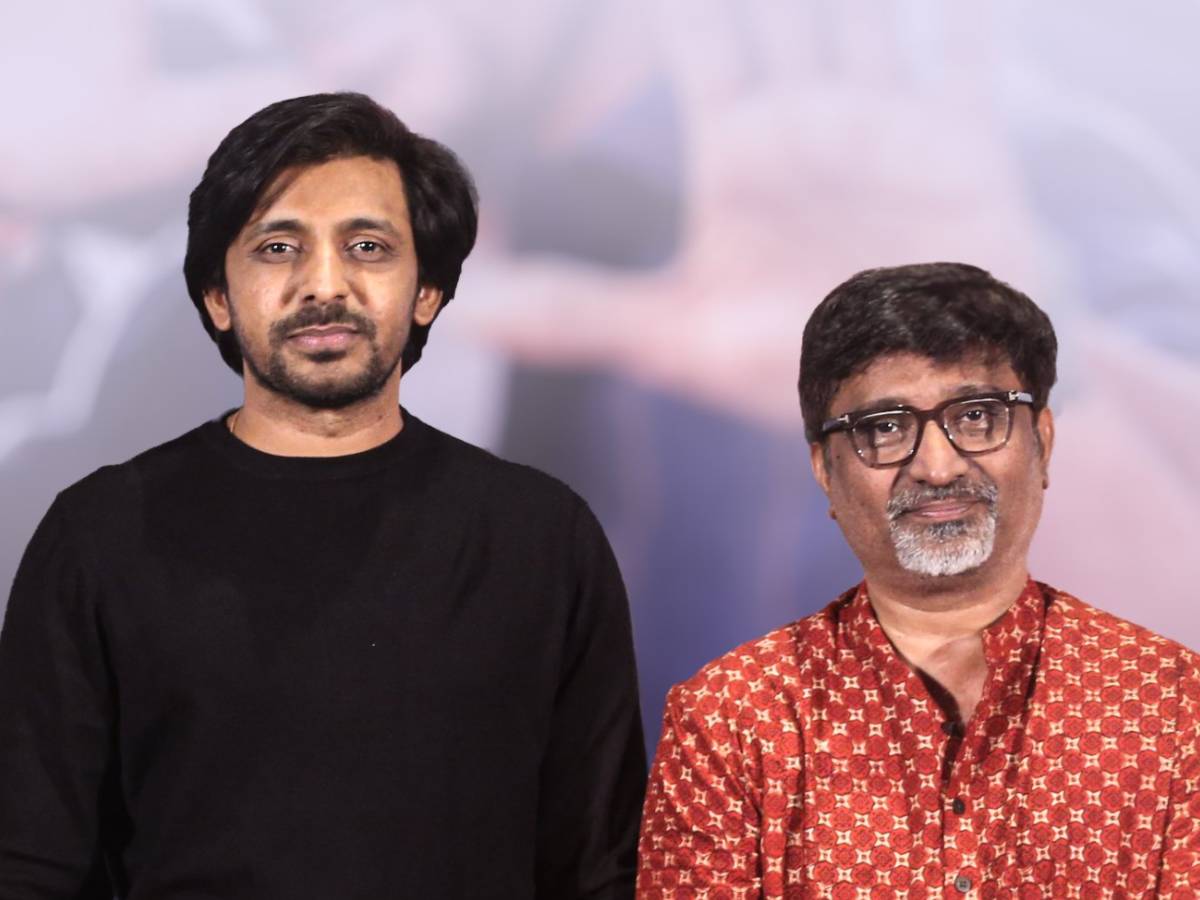Hyderabad: Sri Konda Laxman Telangana State Horticulture University is set to become the first university in India to integrate cutting-edge technologies like the internet of things and artificial intelligence for plant, flower modelling.
Dedicated laboratory
This innovative initiative will help farmers accurately predict crop yields and identify potential diseases affecting flowers, fruits, and vegetables. To further this vision,university plans to establish a dedicated laboratory on its Mulugu campus.
Recently, the university hosted a workshop with experts, including Takashi Watanabe, professor at the Graduate School of Pharmaceutical Sciences, Kumamoto University, Japan, and Raju Edla, professor and dean at Vishnu Educational Development and Innovation Centre in Hyderabad. The workshop focused on applying geographical information systems (GIS) to study Japanese flora and explore the world’s plant resources.
‘To leverage IoT’
Danda Raji Reddy, vice-chancellor of the horticulture university, shared insights with TOI on the future of horticulture. He emphasised that IoT will form the foundation of the university’s research and development efforts. The mapping of horticultural crops will be carried out using remote sensing and GIS, enabling more precise monitoring and management of plant health.
Raji Reddy also outlined plans for DNA fingerprinting and genome sequencing of key horticultural plants, including vegetables, fruits, and medicinal plants. These advances will allow for a deeper understanding of plant genetics and better pest and disease management. Additionally, the university aims to develop AI-driven models using machine learning and deep learning techniques to optimise plant growth and predict potential challenges.
With GIS and remote sensing, the university will be able to access data more rapidly, enabling faster decision-making and enhancing crop management strategies.
Raji Reddy mentioned that the university is actively working on developing large-scale data models to support these initiatives in near future.
Dedicated laboratory
This innovative initiative will help farmers accurately predict crop yields and identify potential diseases affecting flowers, fruits, and vegetables. To further this vision,university plans to establish a dedicated laboratory on its Mulugu campus.
Recently, the university hosted a workshop with experts, including Takashi Watanabe, professor at the Graduate School of Pharmaceutical Sciences, Kumamoto University, Japan, and Raju Edla, professor and dean at Vishnu Educational Development and Innovation Centre in Hyderabad. The workshop focused on applying geographical information systems (GIS) to study Japanese flora and explore the world’s plant resources.
‘To leverage IoT’
Danda Raji Reddy, vice-chancellor of the horticulture university, shared insights with TOI on the future of horticulture. He emphasised that IoT will form the foundation of the university’s research and development efforts. The mapping of horticultural crops will be carried out using remote sensing and GIS, enabling more precise monitoring and management of plant health.
Raji Reddy also outlined plans for DNA fingerprinting and genome sequencing of key horticultural plants, including vegetables, fruits, and medicinal plants. These advances will allow for a deeper understanding of plant genetics and better pest and disease management. Additionally, the university aims to develop AI-driven models using machine learning and deep learning techniques to optimise plant growth and predict potential challenges.
With GIS and remote sensing, the university will be able to access data more rapidly, enabling faster decision-making and enhancing crop management strategies.
Raji Reddy mentioned that the university is actively working on developing large-scale data models to support these initiatives in near future.







